2023-02-27 12:35:00
Democracy Now! looks at two cases before the Supreme Court that could reshape the future of the internet. Both cases focus on Section 230 of the Communications Decency Act of 1996, which backers say has helped foster free speech online by allowing companies to host content without direct legal liability for what users post. Critics say it has allowed tech platforms to avoid accountability for spreading harmful material. On Tuesday, the justices heard arguments in Gonzalez v. Google, brought by the family of Nohemi Gonzalez, who was killed in the 2015 Paris terror attack. Her family sued Google claiming the company had illegally promoted videos by the Islamic State, which carried out the Paris attack. On Wednesday, justices heard arguments in the case of Twitter v. Taamneh, brought by the family of Nawras Alassaf, who was killed along with 38 others in a 2017 terrorist attack on a nightclub in Turkey. Democracy Now speaks with Aaron Mackey, senior staff attorney with the Electronic Frontier Foundation, who says Section 230 “powers the underlying architecture” of the internet.
Democracy Now! produces a daily, global, independent news hour hosted by award-winning journalists Amy Goodman and Juan González. Our reporting includes breaking daily news headlines and in-depth interviews with people on the front lines of the world’s most pressing issues.
On DN!, you’ll hear a diversity of voices speaking for themselves, providing a unique and sometimes provocative perspective on global events.
Missed an episode? Check out DN on FSTV VOD anytime or visit the show page for the latest clips.
#FreeSpeechTV is one of the last standing national, independent news networks committed to advancing progressive social change.
#FSTV is available on Dish, DirectTV, AppleTV, Roku, Sling, and online at freespeech.org.



